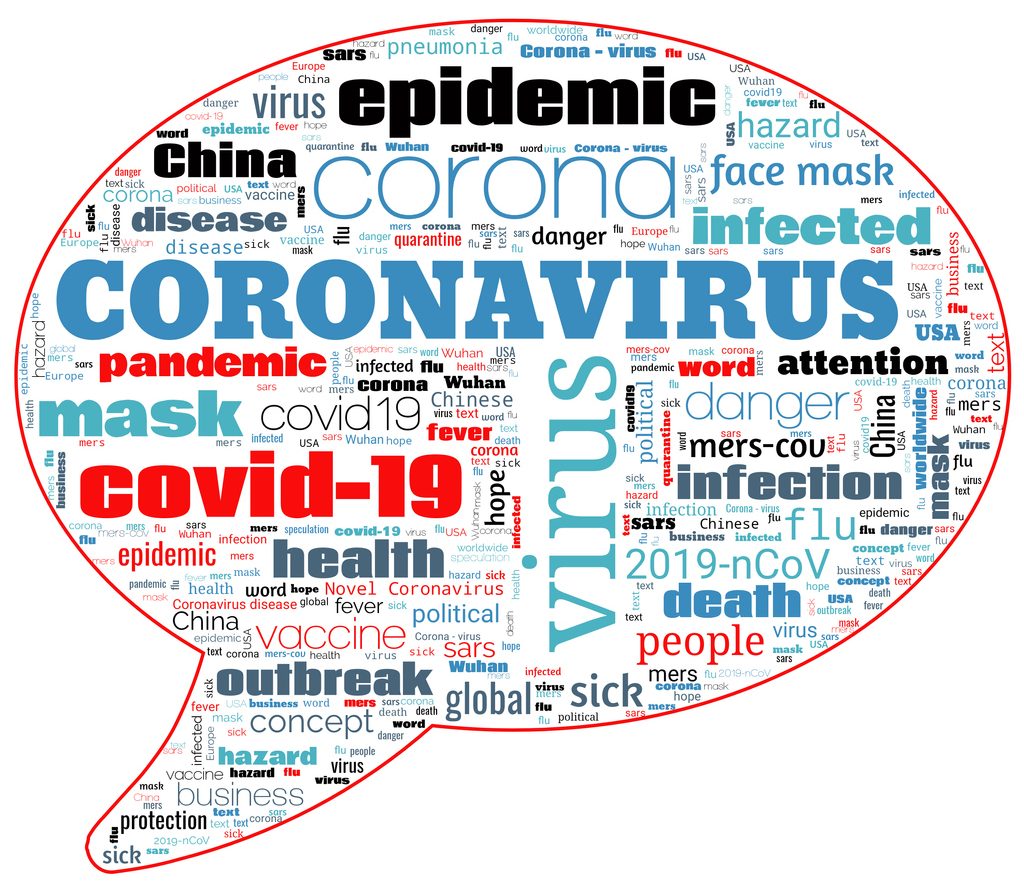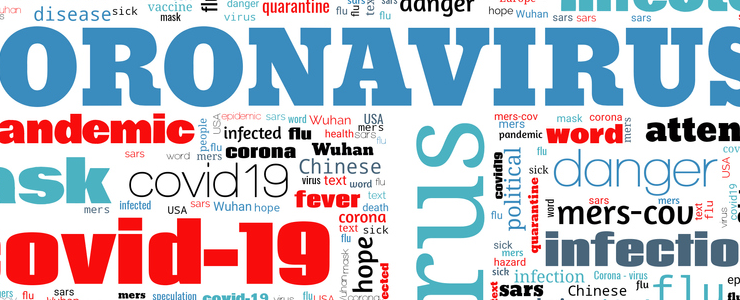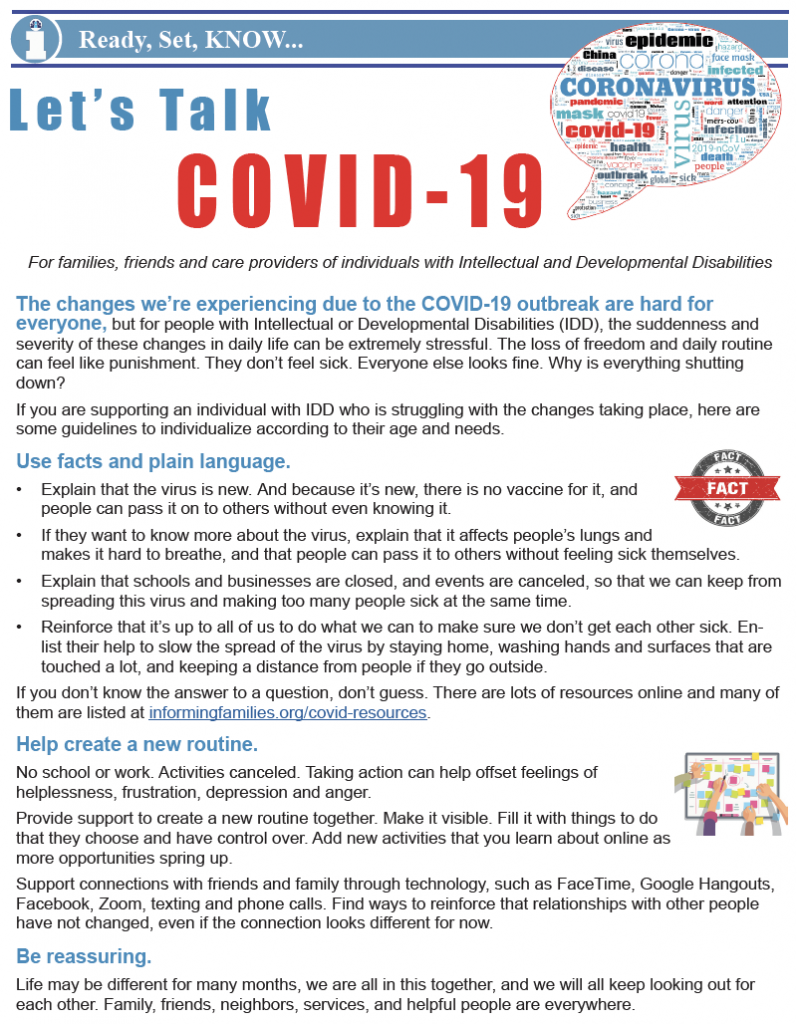For families, friends and care providers of individuals with Intellectual and Developmental Disabilities

The changes we’re experiencing due to the COVID-19 outbreak are hard for everyone, but for people with Intellectual or Developmental Disabilities (IDD), the suddenness and severity of these changes in daily life can be extremely stressful. The loss of freedom and daily routine can feel like punishment. They don’t feel sick. Everyone else looks fine. Why is everything shutting down?
If you are supporting an individual with IDD who is struggling with the changes taking place, here are some guidelines to individualize according to their age and needs.
Use facts and plain language.
- Explain that the virus is new. And because it’s new, there is no vaccine for it, and people can pass it on to others without even knowing it.
- If they want to know more about the virus, explain that it affects people’s lungs and makes it hard to breathe, and that people can pass it to others without feeling sick themselves.
- Explain that schools and businesses are closed, and events are canceled, so that we can keep from spreading this virus and making too many people sick at the same time.
- Reinforce that it’s up to all of us to do what we can to make sure we don’t get each other sick. Enlist their help to slow the spread of the virus by staying home, washing hands and surfaces that are touched a lot, and keeping a distance from people if they go outside.
- If you don’t know the answer to a question, don’t guess. There are lots of resources online and many of them are listed on our COVID-19 resource page.
Help create a new routine.
- No school or work. Activities canceled. Taking action can help offset feelings of helplessness, frustration, depression and anger.
- Provide support to create a new routine together. Make it visible. Fill it with things to do that they choose and have control over. Add new activities that you learn about online as more opportunities spring up.
- Support connections with friends and family through technology, such as FaceTime, Google Hangouts, Facebook, Zoom, texting and phone calls. Find ways to reinforce that relationships with other people have not changed, even if the connection looks different for now.
Be reassuring.
Life may be different for many months, we are all in this together, and we will all keep looking out for each other. Family, friends, neighbors, services, and helpful people are everywhere.
Learn more.
COVID-19: Information and Support (a topical listing of official sources of information and informal support)
What in the World is Going on? Plain Talk for Pandemic Times (an illustrated guide with alternative audio format).
Let’s Talk COVID-19 (English | Español | Vietnamese| Somali)






